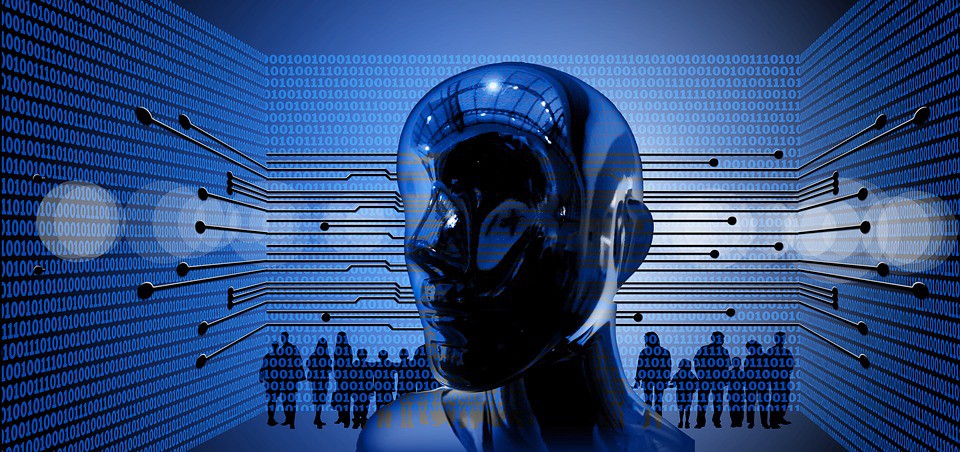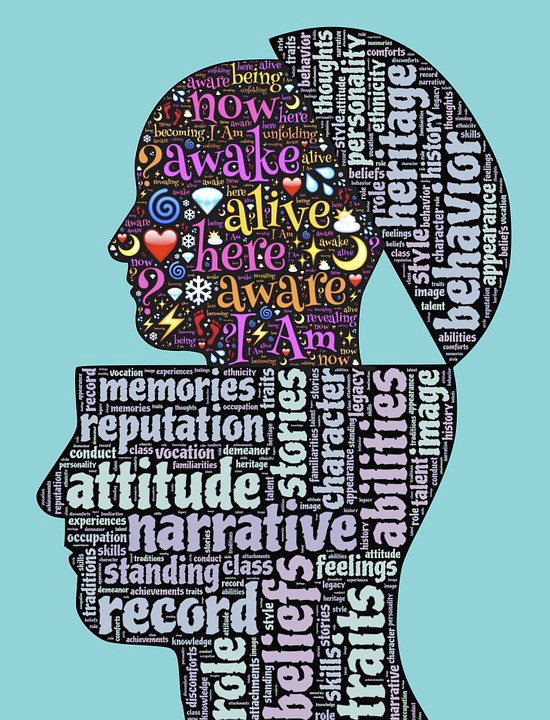Consciousness and the New Soul

Written by Timothy Lewis (@TimothyELewis) — April 11th, 2018
Science Fiction has long popularized the notion that machines will one day become sophisticated enough to bear consciousness. It is at this point our intellect will be superseded and humankind will be extinguished by a higher-functioning race of sentient robots, just as we once extinguished our evolutionary lineage.
There is an issue with this notion: The idea that we are but a couple inputs and outputs away from discovering the feedback loop of consciousness. While reductionism is a fundamental tool in our scientific appreciation of the universe and its many, many constructs, the approach has limitations.
Ironically, the issue doubles as its strength: Reductionism seeks to unpackage our curiosities into formulaic chunks and algorithmic passageways, therefore presupposing consciousness as a logical process conducted by the brain.
However, despite massive leaps in our understanding of how the living brain functions, we have yet to create a meaningful definition for consciousness through reductionist science. Yuval Harari, known as a notorious reductionist himself, concedes in his book, Homo Deus, that the best scientific explanation of consciousness is the manifestation of neural pollution — essentially that so many neurons are firing off in the brain at a given time that consciousness emerges as a byproduct.
This is an interesting view, as it appears to mildy reference the Integrated information theory, composed by Giulio Tononi, insisting a relationship between a system’s ability to process information and a corresponding development of consciousness.
The hangup with this theory is that it asserts computers, and, by extension, our toasters, cars, televisions, and electronic wristwatches, are conscious. In other words, these objects have some degree of life just like you and I. This premise defies the very basis of the word “consciousness”, for without the meekest iota of awareness in these machines, it cannot exist. The Integrated information theory is, however, a perceptive breakthrough and an idea that may not be entirely off-base.
Computers are processors of data — algorithmic constructs. They have no autonomy or subjective experience. They are utterly and unbreakably bound to their programming. The reductionist will purport humans are no different from computers. While this is a possibility, it is not an inevitability.
Using Alan Turing’s Halting theorem, mathematical physicist, Sir Roger Penrose concluded that a system can be deterministic without being algorithmic. This counterintuitive differentiation is not only integral to his connection between consciousness and quantum mechanics, but to the conceptualization of consciousness as a whole. In layman’s terms, this notion states that life as we know it operates on a different plane from the common computer.
Western religions have repeatedly purported that their God bestows man with a soul, declares its followers a chosen people, and that our connection to this unilateral, all-knowing, and all-powerful deity gives us meaning and significance in the universe.
The fascinating parallel between western religion and our blossoming understanding of consciousness is the assertion that there are varying degrees of consciousness and soul between living beings, where the degree correlates with mental sophistication of the creature. In Islam, Judaism, and Christianity, the degree of soulfulness experiences a drop-off from humankind to our fellow animals, whereas consciousness has been said to exist in proportion to the information integration capacity among deterministic, non-algorithmic lifeforms. This means consciousness may exist at some base level in all creatures, from humans and beyond, down to the most primitive microbe.

To totally defy a reductionist approach to consciousness, we must observe David Chalmers’ “The Hard Problem”; that, despite our massive leaps in understanding the functions of the human brain, we have no basis for explaining the nature of experience. When observing an abstract painting, we do not only process a collection of colors, we also have an interpretation of what they compose. We do not digitally decode a symphony — we have feelings, memories, thoughts, and ideas triggered by its deliberation. In contrast, an “easy problem” is one that can be solved by identifying a mechanism and its respective function (reductionism).
Humans have long attributed what they fail to understand to the divine. In the case of our consciousness, God entered the equation as the bestower of free will. As a matured species with a greater empirical understanding of existence, we can now modernize this phrase: “Non-algorithmic determinism”.
It is subjective experience that underlies the basis of consciousness. Living creatures are not logical — we are social, emotional beings. We have rudimentary, algorithmic instincts ingrained for survival, and we have the sentience to override them. Our current actions aren’t based on previous experiences, but rather their interpretation. In accord, our memories are malleable, capable of being reimagined or altogether suppressed as our relationships with them shift.
In the most basic of terms, the nature of consciousness is twofold: We register sensations through the triggering of our senses, and we have resulting subjective interpretations. It is through these interpretations that we create meaning and value.
What many scientists and philosophers, such as Roger Penrose, David Chalmers, and Christof Koch agree on, is that consciousness is not a phenomenon to be explained in terms of reductionist methodology.
Their work boils down to a single truth: As Koch has asserted, consciousness is not the byproduct of electrical impulses or a collection of algorithms, but a fundamental principle like mass, time or gravity. This is why it defies common-sense rationale, why it inhabits some information integrators and not others, why a system can be deterministic without being algorithmic.
Consciousness is a ruler of our universe, a bedrock of creation, the analogical lifeblood of what constitutes a “living thing”.
It may not be in the conventional sense, religious or otherwise, but now we finally may realize the depth and quality of the soul.
I think, therefore I am.
— René Descartes
The content exhibited on this site, whether visual, electronic, or in writing, shall not be republished and/or rebroadcast without the specific written permission of PubSquare Media and/or Scraptitude, NerdCraft Nation, The PubSquare and/or guest contributor or former alias thereof.



